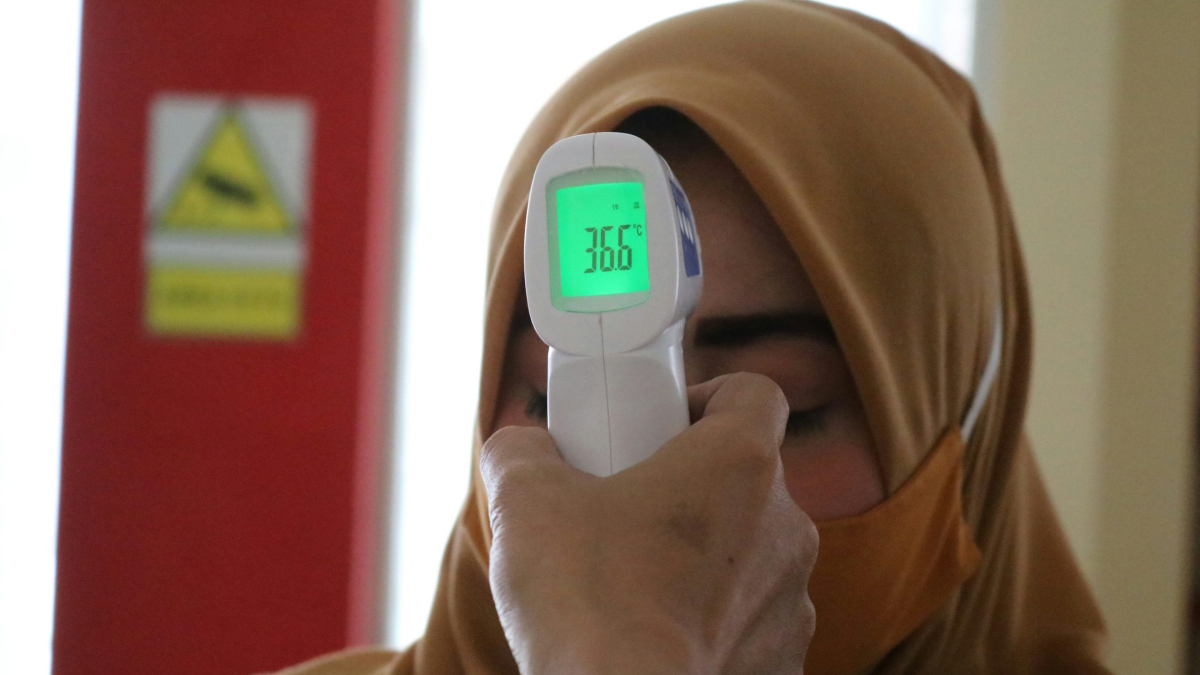The onset of the monsoon brings relief from the scorching summer heat, accompanied by the enchanting fragrance of petrichor that fills the air. However, amidst the beauty and tranquility of the season lies a cautionary tale of potential health risks. The monsoon, while rejuvenating the earth, also brings forth several hazards that threaten human well-being. Flooded streets, breeding grounds for mosquitoes, and frequent power outages are common occurrences during this period. Moreover, the high levels of moisture create favorable conditions for the proliferation and spread of various bacteria, viruses, and fungi, leading to a plethora of illnesses ranging from the common cold to more severe conditions like typhoid, Dengue, Malaria, and Chikungunya.
To enjoy the splendor of the monsoon while safeguarding one’s health, here are 13 simple yet effective measures to adopt:
- Stay Hydrated: Despite the diminished sensation of thirst during rainy weather, it’s crucial to maintain adequate hydration to bolster the immune system and prevent dehydration-induced illnesses.
- Maintain Personal Hygiene: With bacteria and fungi thriving in moist environments, prioritizing personal cleanliness through regular handwashing and bathing is essential to ward off infections.
- Avoid Standing Water: Stagnant water serves as a breeding ground for disease-carrying mosquitoes. Therefore, it’s advisable to eliminate any sources of standing water to minimize the risk of mosquito-borne illnesses.
- Cover Up: Wearing long sleeves and trousers can provide a physical barrier against mosquito bites and protect the skin from irritations caused by high humidity and wetness.
- Use Mosquito Repellents: Utilizing mosquito repellents on skin and clothing can significantly reduce the risk of mosquito bites and the transmission of diseases like Dengue, Malaria, and Chikungunya.
- Consume Well-Cooked Meals: Eating properly cooked meals helps prevent infections of the digestive tract, which are common during the monsoon season due to the proliferation of bacteria in humid conditions.
- Boost Your Immune System: A healthy immune system is crucial for warding off monsoon-related illnesses. Consuming a balanced diet rich in antioxidants, vitamins, and minerals, along with adequate sleep and exercise, can strengthen immunity.
- Stay Active: Despite the challenges posed by heavy rains, incorporating regular physical activity into one’s routine is essential for overall well-being and immune function.
- Get Vaccinated: Vaccination is a highly effective preventive measure against infectious diseases that tend to spike during the monsoon season. Ensuring up-to-date vaccinations can provide added protection.
- Maintain Cleanliness at Home: Regular cleaning and disinfection of living spaces help prevent the spread of infections, particularly in damp environments conducive to mold and germ growth.
- Avoid Street Food and Contaminated Water: To minimize the risk of food and waterborne illnesses, it’s advisable to avoid consuming street food and opt for freshly cooked meals prepared hygienically.
- Seek Medical Attention Promptly: Early detection and treatment of symptoms are crucial for preventing the worsening of monsoon-related illnesses. Any signs of illness should be promptly evaluated by a healthcare professional.
In conclusion, while the monsoon season offers relief from the summer heat, it also presents health hazards that necessitate precautionary measures. By prioritizing hygiene, hydration, and immunity, and adopting preventive strategies against mosquito bites and contaminated food and water, individuals can safeguard their health and make the most of this enchanting season. Let’s prioritize our well-being and remain vigilant and proactive to ensure a safe and enjoyable monsoon experience.

